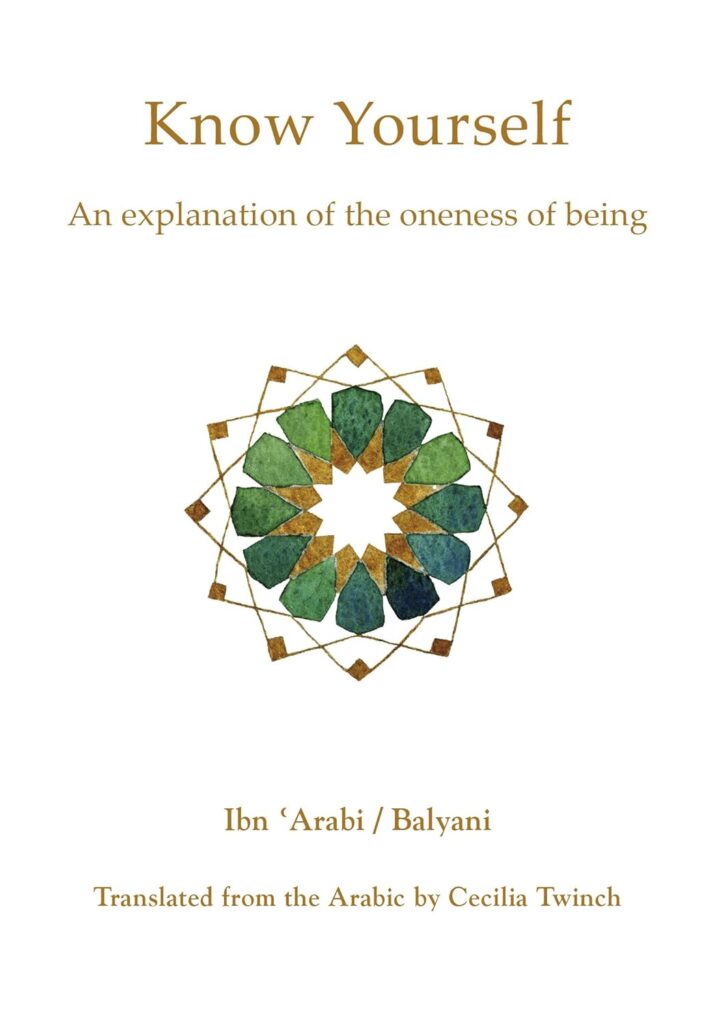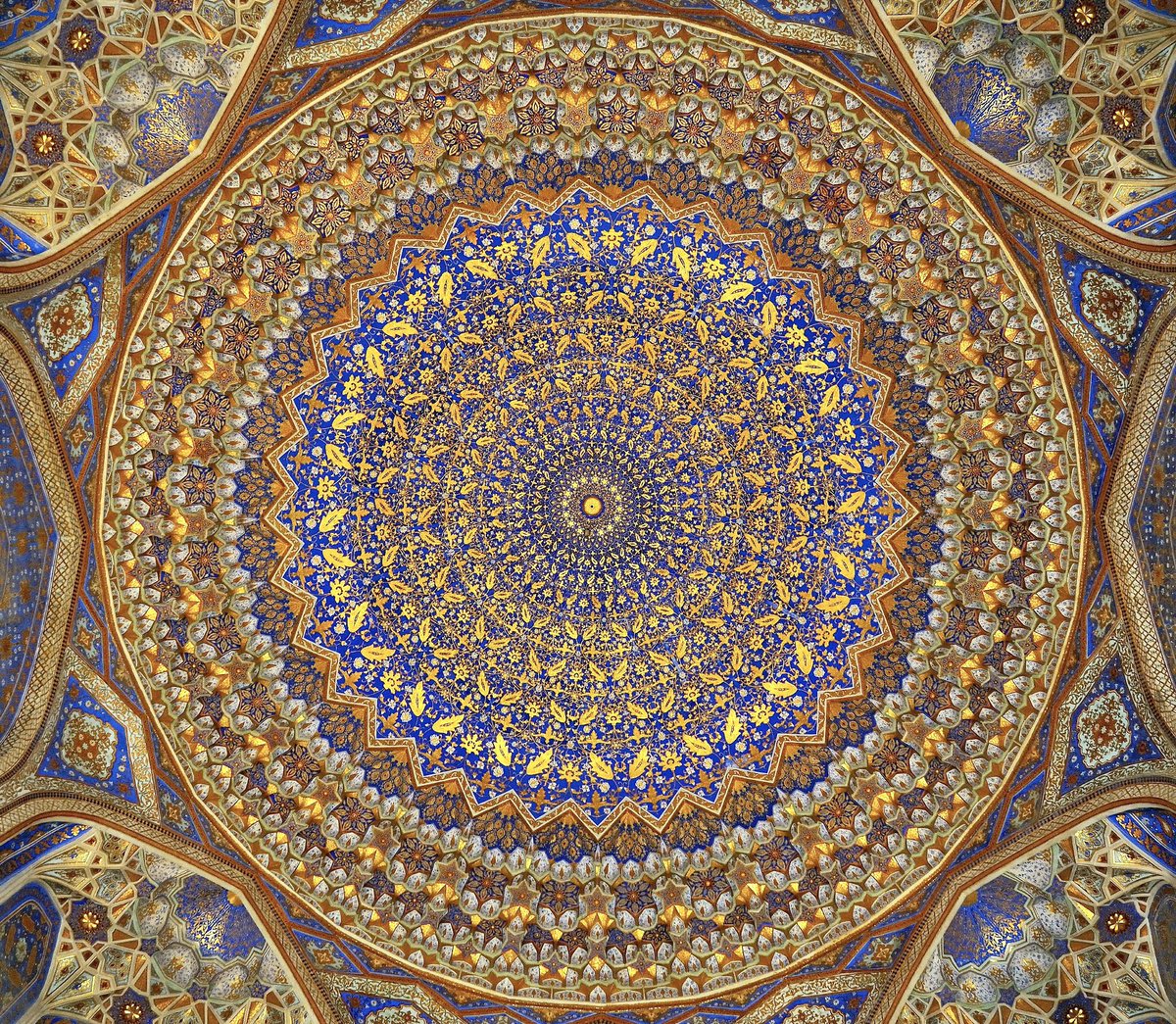“He who knows himself, knows his Lord.” These words, attributed to the Prophet Muhammad, became the foundation of Ibn Arabi’s spiritual vision, a vision that would later shape the understanding of Wahdat al-Wujud (the Unity of Being). Born in Murcia, al-Andalus (modern-day Spain) in 1165, Ibn Arabi was raised in a well-educated family and introduced to Islamic scholarship at an early age. His mystical journey, however, began not in the traditional study circles of scholars, but through profound inner experiences, what he called openings (futuhat)-that led him to see reality as a seamless unity. His quest for knowledge took him across the Islamic world, from Seville to Mecca, where he refined his teachings on the divine nature of existence.
In Know Yourself: An Explanation of the Oneness of Being, translated by Cecilia Twinch, Ibn Arabi’s insights are distilled into a profound meditation on self-knowledge as a gateway to knowing the Divine.
This concise text on the unity of existence reveals that realizing your oneness with reality does not require the elimination of a separate self or ego-because that illusion never truly existed. Instead, true realization comes through knowing your true self, which naturally dissolves ignorance. Nothing fundamentally changes; rather, awareness shifts, and the true nature of existence becomes clear.
Please note that this excerpt has been rendered gender neutral.
Whoever knows their self, knows their Lord.
Praise belongs to God, before whose oneness there is no before unless the before is God and after whose singleness there is no after unless the after is God. That is, and there is not with It any before or after, above or below, closeness or distance, how or where or when, time or moment or duration, manifested existence or place. And That is now as It has always been. It is the one without oneness and the single without singleness. It is not composed of name and named, for The name is That and The named is That and there is no name or named other than That. It is the first without firstness and the last without lastness. It is the apparent without appearance and the hidden without hiddenness. I mean that It is the very existence of the letters of the names the first and the last, the apparent and the hidden. There is no first or last, apparent or hidden except That, without the letters which form these divine names becoming That and without That becoming these letters.
Understand this so as not to make the mistake of those who believe in incarnation. It is not in anything and no thing is in That, whether entering into That or coming out of That. It is in this way that you should know That and not through theoretical knowledge, reason, understanding or conjecture, nor with the senses, the external eye or interior sight or perception. No one sees That except Itself, no one reaches That except Itself and no one knows It except Itself. It knows Itself through Itself and It sees Itself by means of Itself. No one but That sees It. Its veil is Its oneness since nothing veils It other than That. Its own being veils It. Its being is concealed by Its oneness without any condition.
No one other than That sees It. No sent prophet, perfect saint or angel brought close knows It. Its prophet is That, Its messenger is That, Its message is That and the word is That. It sent Itself from Itself, through Itself to Itself. There is no intermediary or means other than That. There is no difference between the sender, that which is sent and the one to whom it is sent. The very existence of the prophetic message is Its existence. There is no existence to any other who could pass away, or have a name or be named.
Because of this, the Prophet, said, Whoever knows their self, knows their Lord. He also said, I knew my Lord through my Lord. What the Prophet pointed out by that, is that you are not you but you are That and there is no you. It is not that That enters into you or that you enter into That, or that It comes out of you or that you come out of That. That does not mean that you have being and you are qualified by this or that attribute. What is meant is that you never were and never will be, whether through yourself or through That or in That or with That. You have neither ceased to be nor are you existent. You are That and That is you, without any of these imperfections. If you know your existence in this way, then you know God, and if not, then not.
Excerpted from Know Yourself: An Explanation of the Oneness of Being, translated by Cecilia Twinch.

This is a translation of the first complete work attributed to Ibn ‘Arabi to appear in a western language. The earlier translation was instrumental in making Ibn ‘Arabi’s name known in the West over the last century, even though the author of the book is now considered by many scholars to be Balyani, a near contemporary, who may well have been influenced by his thought.

